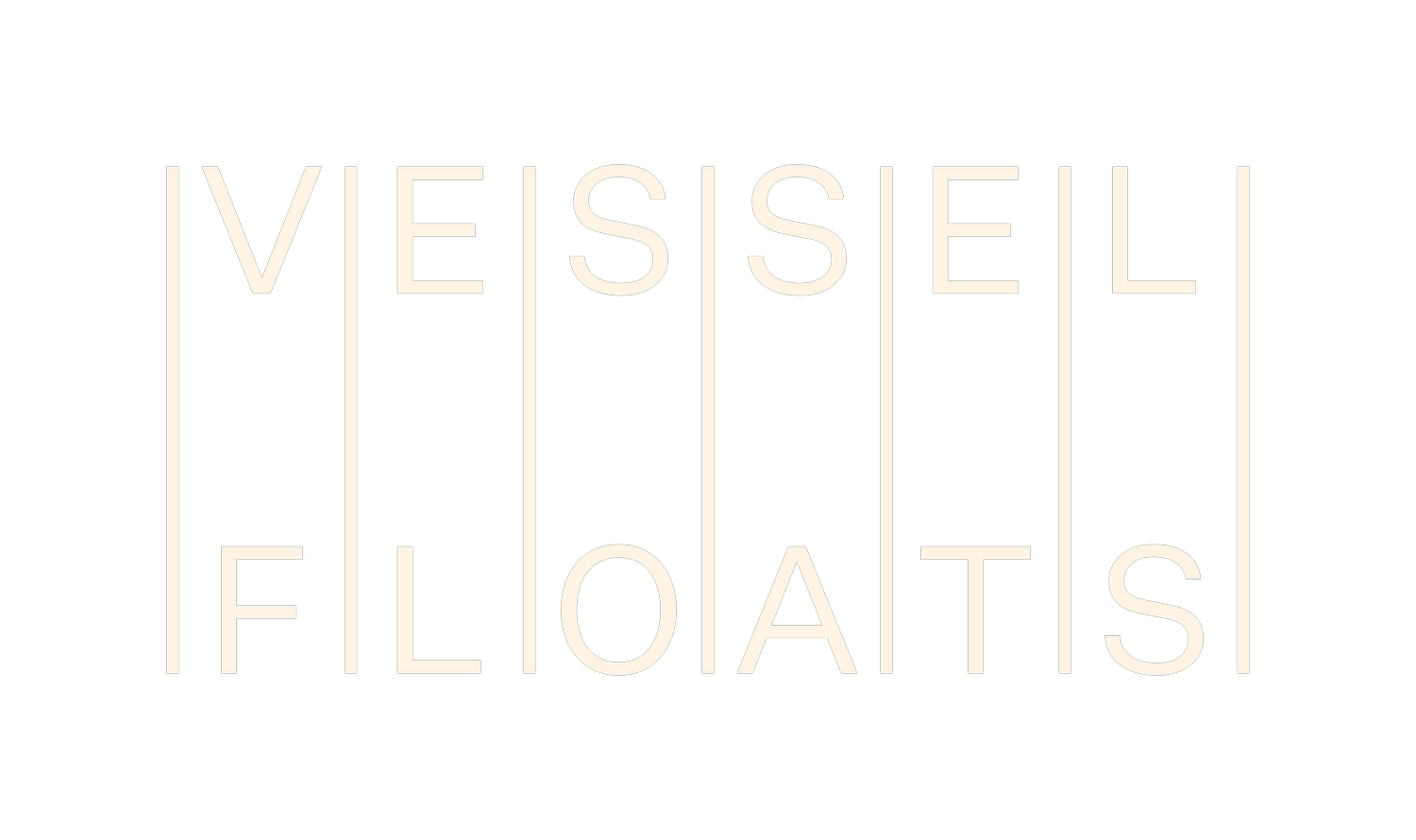Can You Fall Asleep In A Sensory Deprivation Tank?
We commonly get asked, “What will happen if I accidentally fall asleep in a float tank?” And frankly, it's a good question!
Yes – dozing off in a float tank is possible, although it’s surprisingly unlikely. What is common, however, is reaching a state of hypnagogia, or otherwise put, the space in between wakeful alertness and sleep. This state of mind is also called the Theta brain state—which we achieve during deep meditation, just before sleep, just before awakening, and during times of deep relaxation. This a lucid state of consciousness will often times be misunderstood as falling asleep, since it can be difficult to distinguish whether you’re awake or dreaming during this time.
For many people who meditate, creatives, and seekers of heightened states of consciousness, the Theta brain state is the doorway to experience acute awareness of the present moment, creative flow, general problem solving, and even personal breakthroughs. The Theta state is that boundary between the conscious and the unconscious—thus, we commonly refer to it as The Threshold of Consciousness (has a nice ring to it, yeah?)
All things considered, it is still possible to completely fall asleep in the tank. Rest assured, even if this were to happen, you are still completely safe. For starters, the tanks are only filled with about a foot of water, and the weight and buoyancy of your body in the epsom salts water make it nearly impossible to roll over (as a reminder—our tanks have 1,500 lbs of dissolved epsom salt in each tank—thats an even higher salt content than if you were float in the Dead Sea!).
In essence, our tanks are built with safety and comfort in mind—whether you stay alert, reach theta brain state, or take the most zen power nap of your life!
Can Float Therapy Help You Sleep At Night?
For many, the answer is yes! The serene environment of our float tanks, filled with skin-temperature saltwater, promotes deep relaxation -- reducing stress and anxiety levels. Floating encourages muscle relaxation and alleviates tension, fostering a physically relaxed state that can be conducive to better sleep. The sensory-deprived setting also facilitates mindfulness and meditation, promoting a mental calmness that can positively impact sleep patterns. By giving yourself a break from external stimuli and promoting an enhanced mind-body connection, you create an environment that so many find conducive to improved sleep quality.
Is There a Time Of Day That's Best To Float?
Finding the ideal time for sensory deprivation therapy largely depends on your personal preferences and routine! Many find that incorporating a float session into their evening routine is beneficial for relaxation and promoting better sleep. The calming effects of float therapy can serve as a transition from the demands of the day to a more tranquil evening. On the flip side, some people prefer a morning float to kickstart their day with a clear and focused mindset. Ultimately, the best time for sensory deprivation is subjective and varies from person to person. We recommend experimenting with different times to discover when it aligns most seamlessly with your schedule!
Read our Google Posts
Follow us on Instagram
Find us on the map
We have 5 stars on Yelp
We have 5 stars on Google
Subscribe to us on Youtube
Follow us on Twitter







